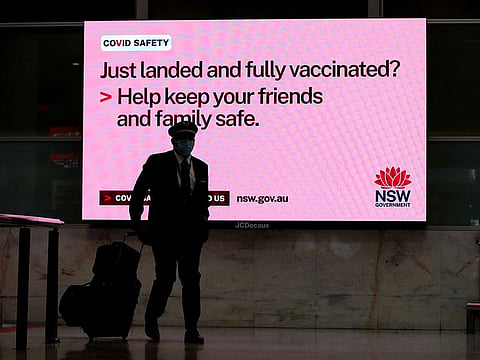Aviation industry gets hit with another crisis and with no easy solutions
Higher fuel prices comes when airlines barely managed to navigate the pandemic gloom

Over the past two weeks and more, one question has been making waves across the global aviation community. And that’s: ‘Why is aviation the first punching bag in any political conflict?’. Ttoday, I am adding my two cents to that question.
The Ukraine crisis, coupled with the rising jet fuel prices, sent fresh shockwaves to the aviation industry still charting a way through challenging times. The fuel prices add multiple layers of uncertainty to the post-Omicron recovery phase.
However, these unfortunate events make us realise that humanity stands above everything else. Financial concerns over higher jet fuel prices and environmental concerns due to the re-routing of aircraft with increasing jet fuel burn are all secondary. But coming back to the primary intention for this opinion piece, my thoughts on the question raised at the beginning can be broken into:
Nevertheless, a more efficient aviation industry makes diplomatic engagement easier - at least from a logistical point of view. Enhanced air transport links may not bring parties to an agreement, but it can certainly get them to the table easier. Theoretically.
The aviation industry facilitated international engagement over the last 100 years, thereby encouraging soft power. Aviation also provides a valuable tool to lift a country’s brand on a global stage while restoring links or generating new links.
Over the last few decades, various governments in Asia and the Middle East have pursued a soft power approach to foreign affairs. Their national carriers have been a pillar of the countries’ strategy to improve relations and build new ties across the world.
Building better relations on the global stage is about creating new opportunities to engage with, learn about, and build trust between different peoples from different backgrounds. Again, aviation-linked entities such as the International Air Transport Association (IATA) and the International Civil Aviation Organization (ICAO) have to play a crucial part in this process.
Nothing trumps a natural handshake. I do believe aviation will continue to shape a world where soft power, rather than hard power, drives change for the better. Hopefully.




